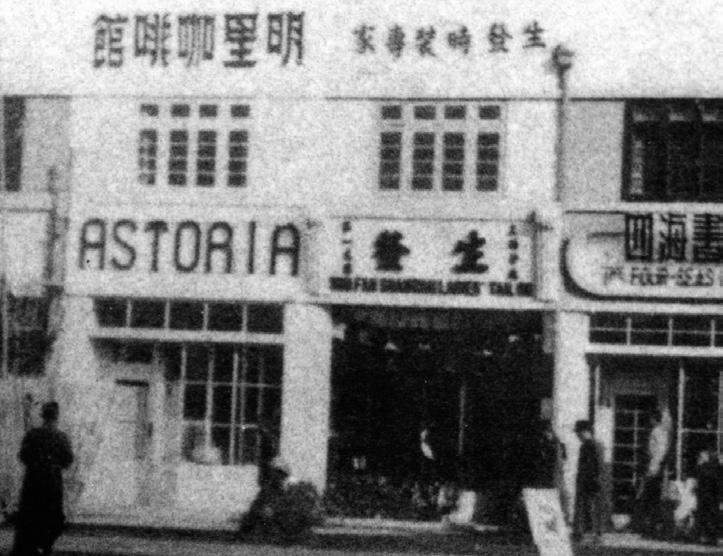
5 minute read
The Astoria Café and Bakery
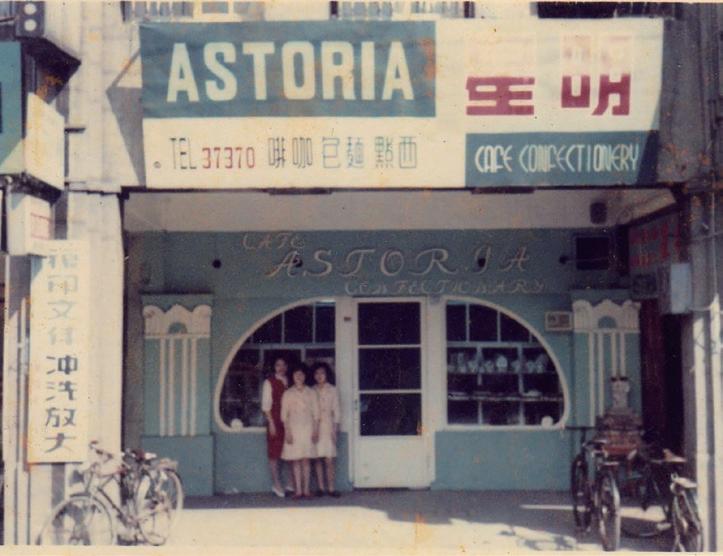
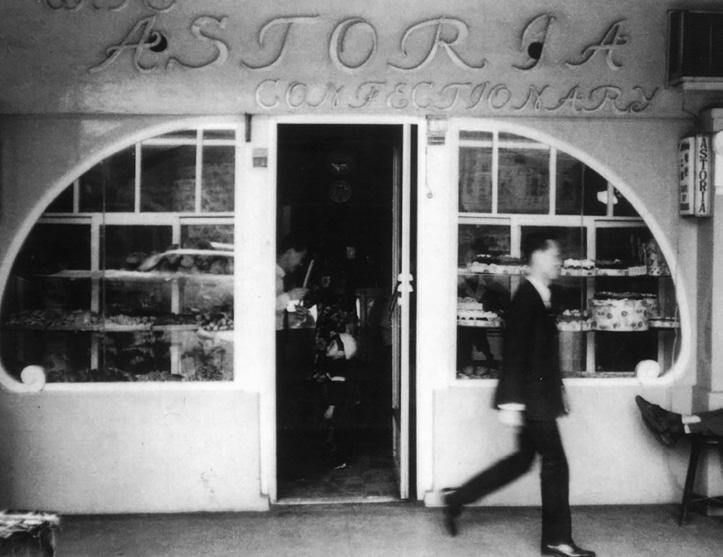
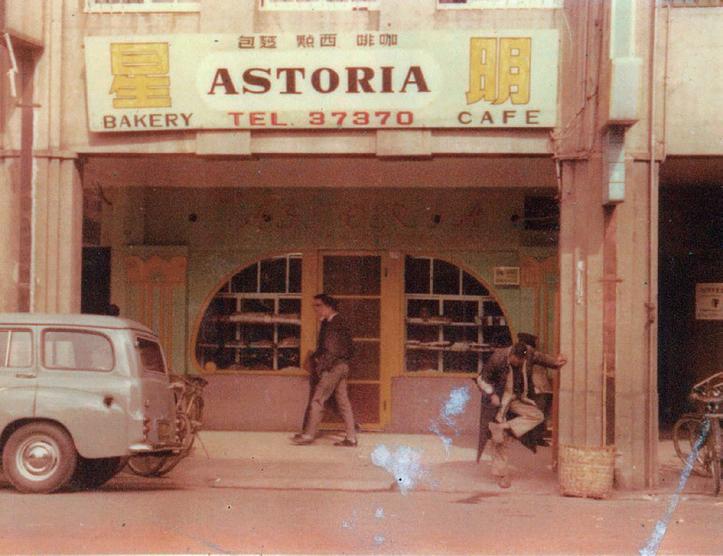
Celebrates its 101st Anniversary of Cultural and Historic Legacy place for inspiration to happen. Coffee shops offer a relaxed atmosphere, good coffee and are frequented not only by the general public but by influential and creative individuals. life and death. In 1959, he opened a little sidewalk book stall and began selling books outside the Astoria Café. His ‘sidewalk shop’ soon became a gathering place for well-known writers who in turn frequented the nearby Astoria Café. There they were received by its owner, Mr. Archibald Chien with kind understanding and a willingness to let them work, all day, if need be, over one cup of coffee. “Over the years, I’ve always felt I wasn’t just doing business with the writers who frequented the café, but also making friends with them,” Chien commented.
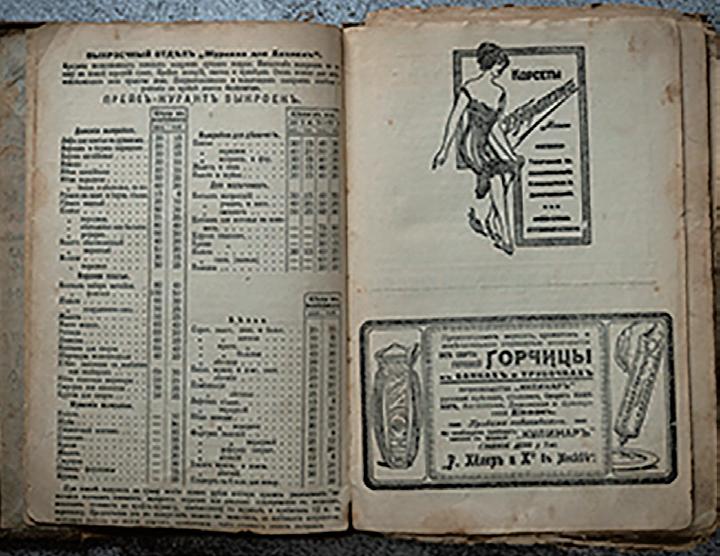
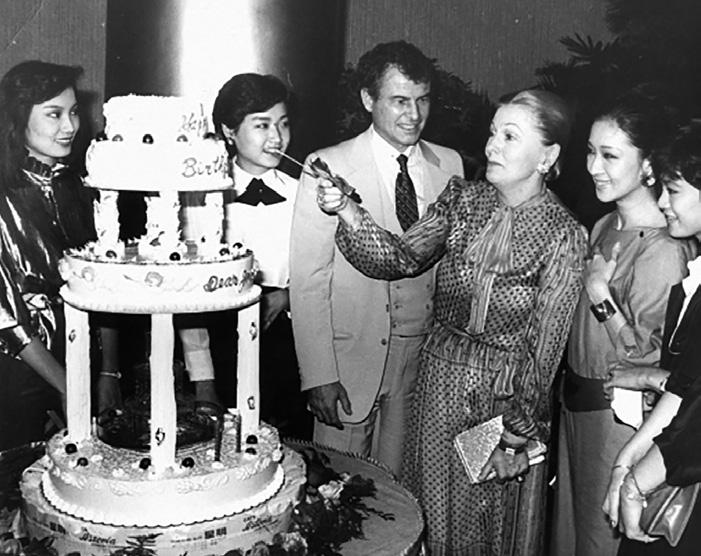
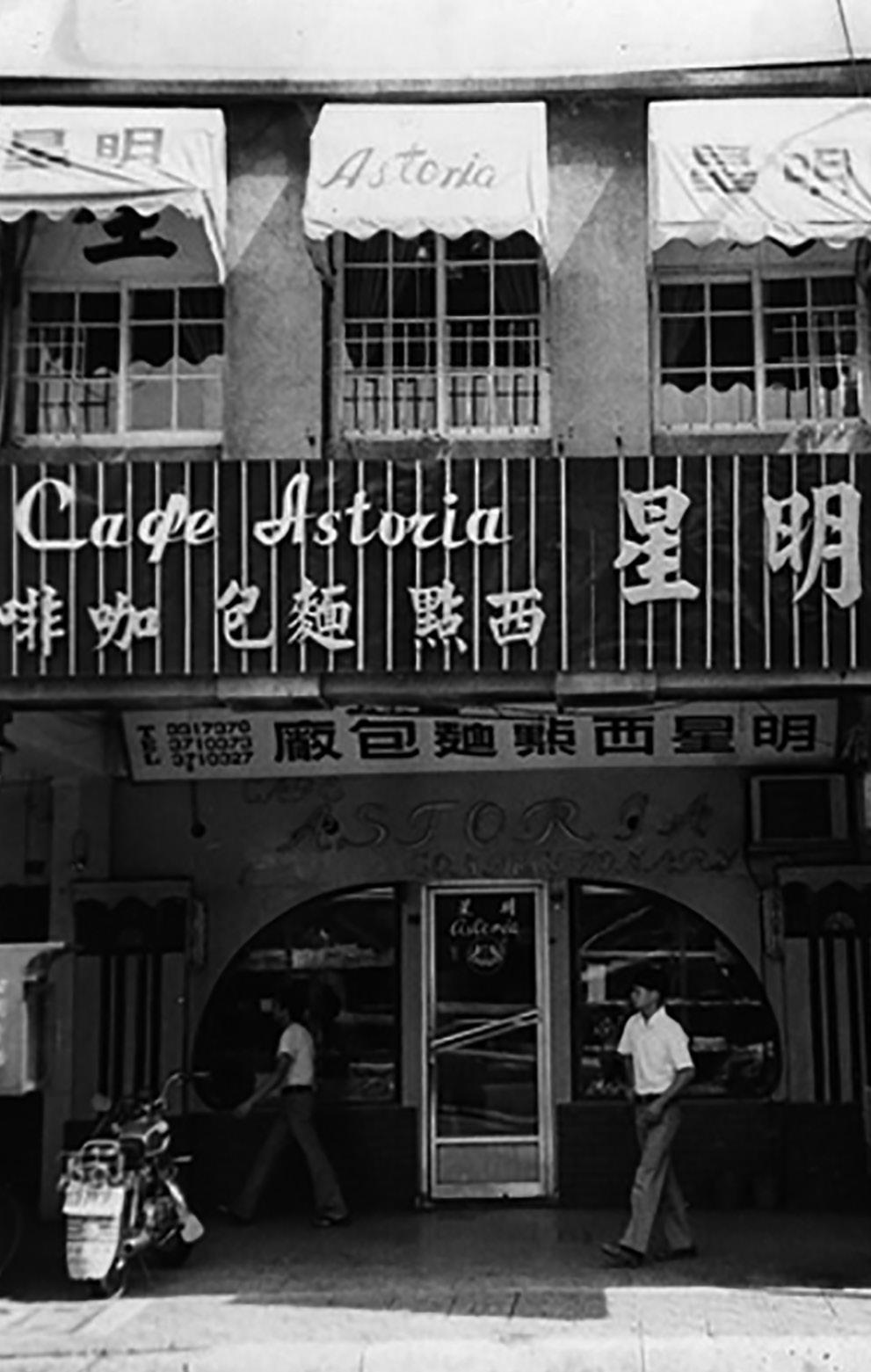
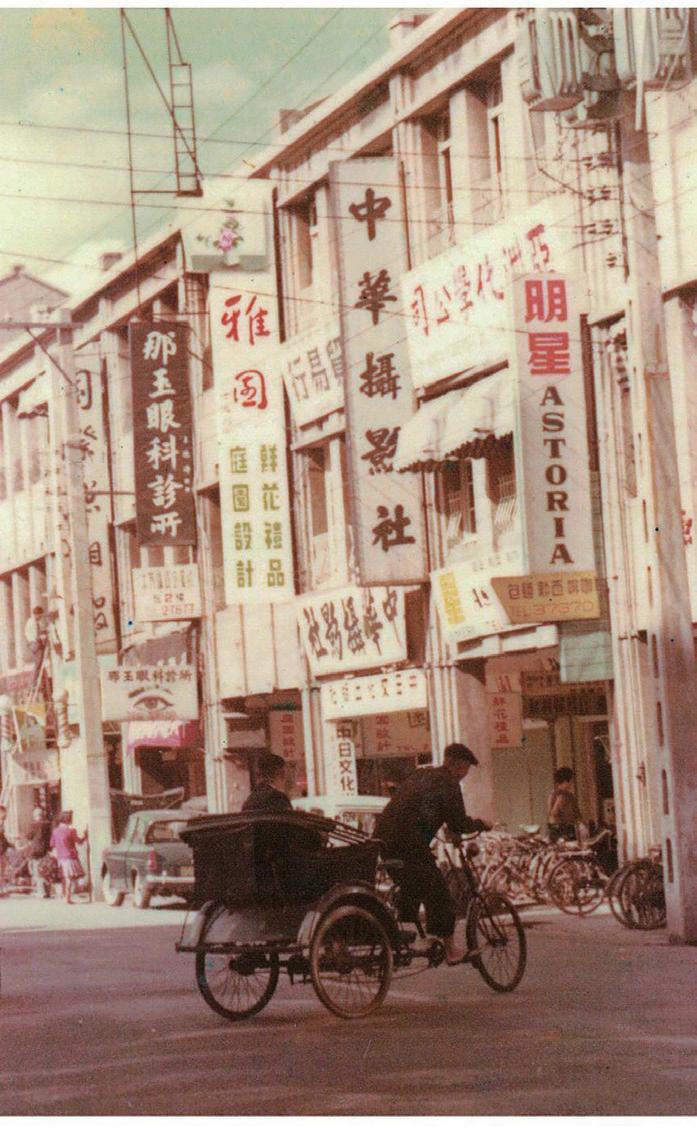
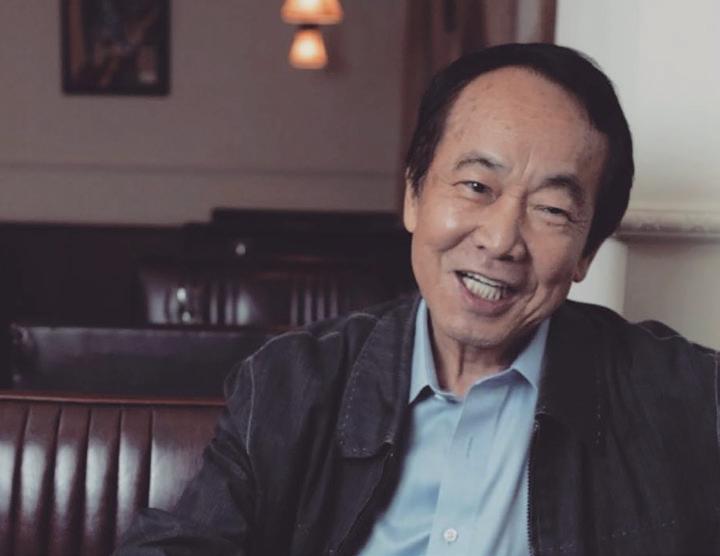
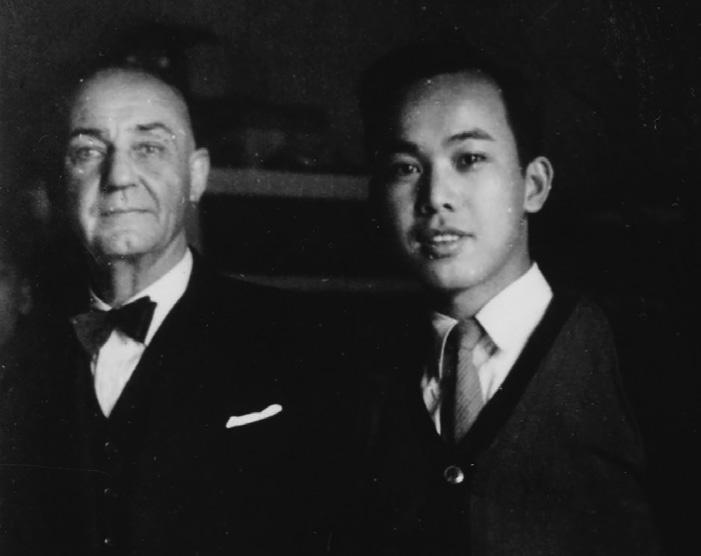
It was by sheer happenstance that I ended up standing with my nose pressed against the bakery window peering at all the western confectionary items on display and becoming hungrier by the moment.
With only a few NT coins and a onehundred NT dollar bill, I went inside. Several minutes later, I walked outside holding a bag of warm pastry and an invitation to go upstairs to the secondfloor café where I could order a cup of freshly brewed coffee to go with my purchase. Little did I know that on that warm sunny day in 1985, I was about to enter one of Taipei’s famous literary salons, The Astoria Café.
The Astoria Caf
The Astoria Café is a historic Taipei cultural landmark. Since the mid-1980s, it has been a notable gathering place for writers, poets, artists, musicians, actors, dance choreographers, highranking government officials, their families and international celebrities.
Located in the Zhongzheng District of Taipei and situated directly across the street from the Taiwan Provincial City God Temple, on Wuchang Street, the Astoria Café is upstairs from the Astoria Confectionary Shop, which was founded in 1949 by Archibald Chien, George Elsner and several friends.
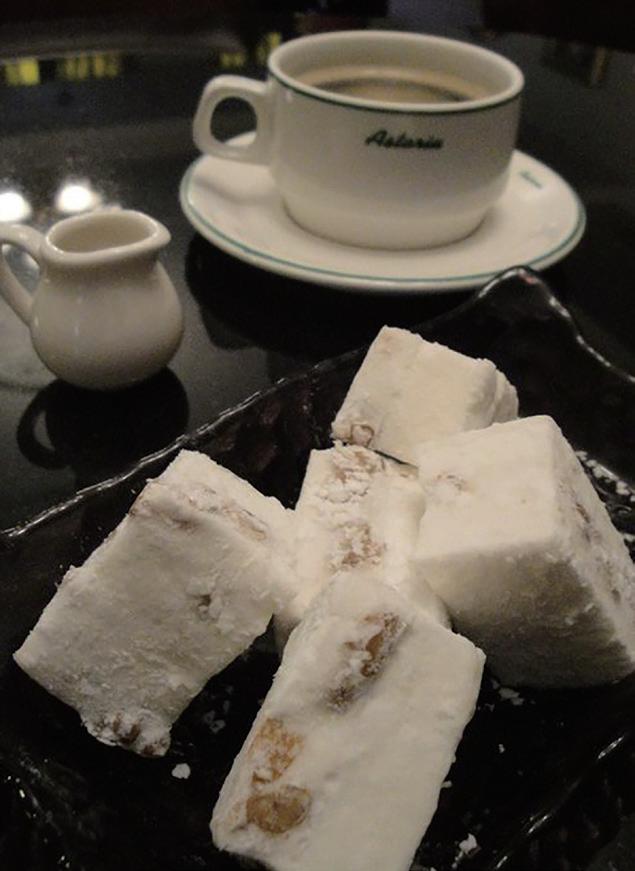
This post-WWII Astoria Confectionary Shop became an immediate success. In the 1950s, it was the only westernstyle bakery and the first to introduce ‘birthday cakes’ to Taiwan. If you received a birthday cake from the Astoria, it was quite a noteworthy occasion.

TAIPEI’S LITERARY SALON OF THE 1960S
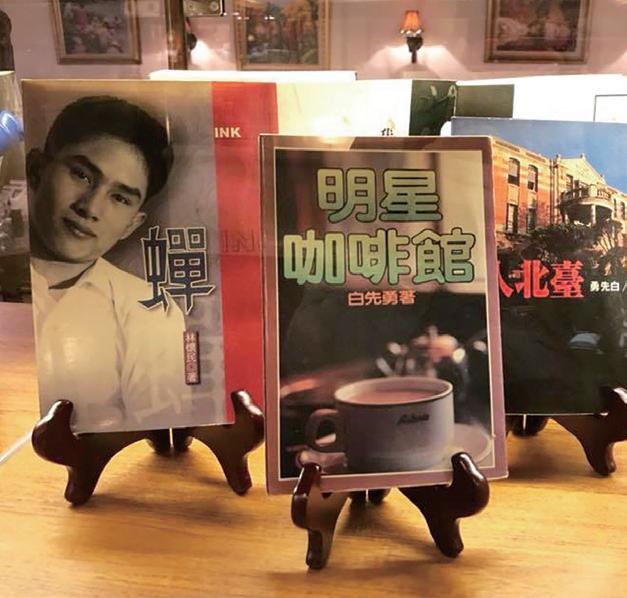
Writing is often a solitary effort but it doesn’t require solitary confinement. Sometimes, you need to be in the right
The comfortable ambiance of the Astoria Café drew struggling writers and intellectuals of all forms. Some of Taiwan’s greatest writers, poets and artists including Chou Meng-tieh, Yu Kwang-chung, Pai Hsien-yung, Huang Chu-ming, Chu Ko, Chen Kun-Hou and choreographer Lin Hwai-min frequented the Astoria Bakery. Many of these patrons would linger with a cup of coffee, pen and paper, producing countess literary works.
CHOU MENG-TIEH
Chou Meng-tieh, born in Henan Province, was sent to Taiwan in 1948 due to the Chinese Civil War, leaving his wife, two sons and a daughter behind in mainland China. Before retiring from the army in 1955, Chou began writing and publishing poetry. His writings were often on the subjects of time,
In 1980, Chou won recognition for his work as the “Amoy Street Prophet” by Orientations , an American magazine, and was the first recipient of the National Culture and Arts Foundation Literature Laureate Award in 1997. Chou Meng-tieh died of pneumonia on May 1, 2014. Many famous writers, politicians and educators honored him with their tributes, including his closest and dearest friends from the Astoria Café.
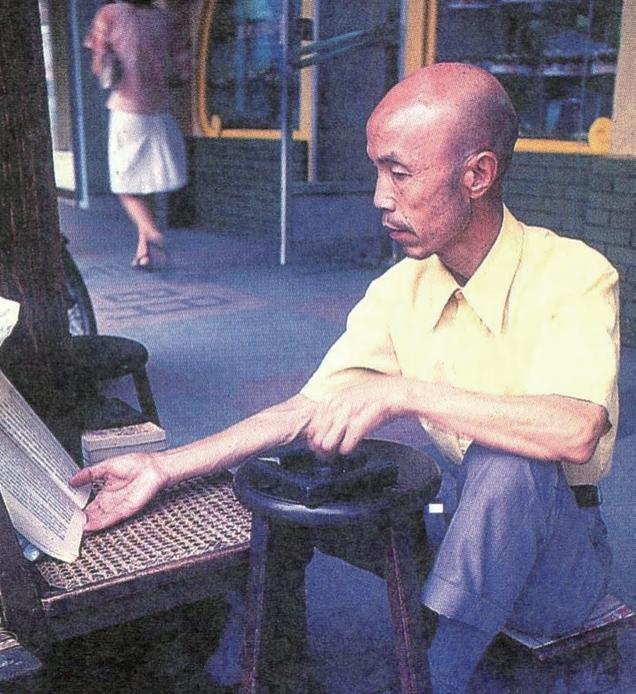
Shifting Times
The 80s was also a period of unpreceded economic growth for Taiwan. It was a time of a flourishing economy and volatile stock market. The Astoria Café became ‘the place’ where people gathered to speculate and noisily exchange hot market tips replacing the literary patrons and salon atmosphere that it was known for. Finally, in 1989, Archibald Chien made the decision to close the Astoria Café.
The years passed. Then, a strange twist of fate occurred. A fire, which also caused damage to the café unexpectedly brought local neighbors and former Astoria Cafe patrons together in a strong show of support for Archibald Chien. They created a petition asking Chien to bring back and revive the Astoria Café. They wanted to continue the Astoria’s cultural and historic legacy as part of their neighborhood legacy.
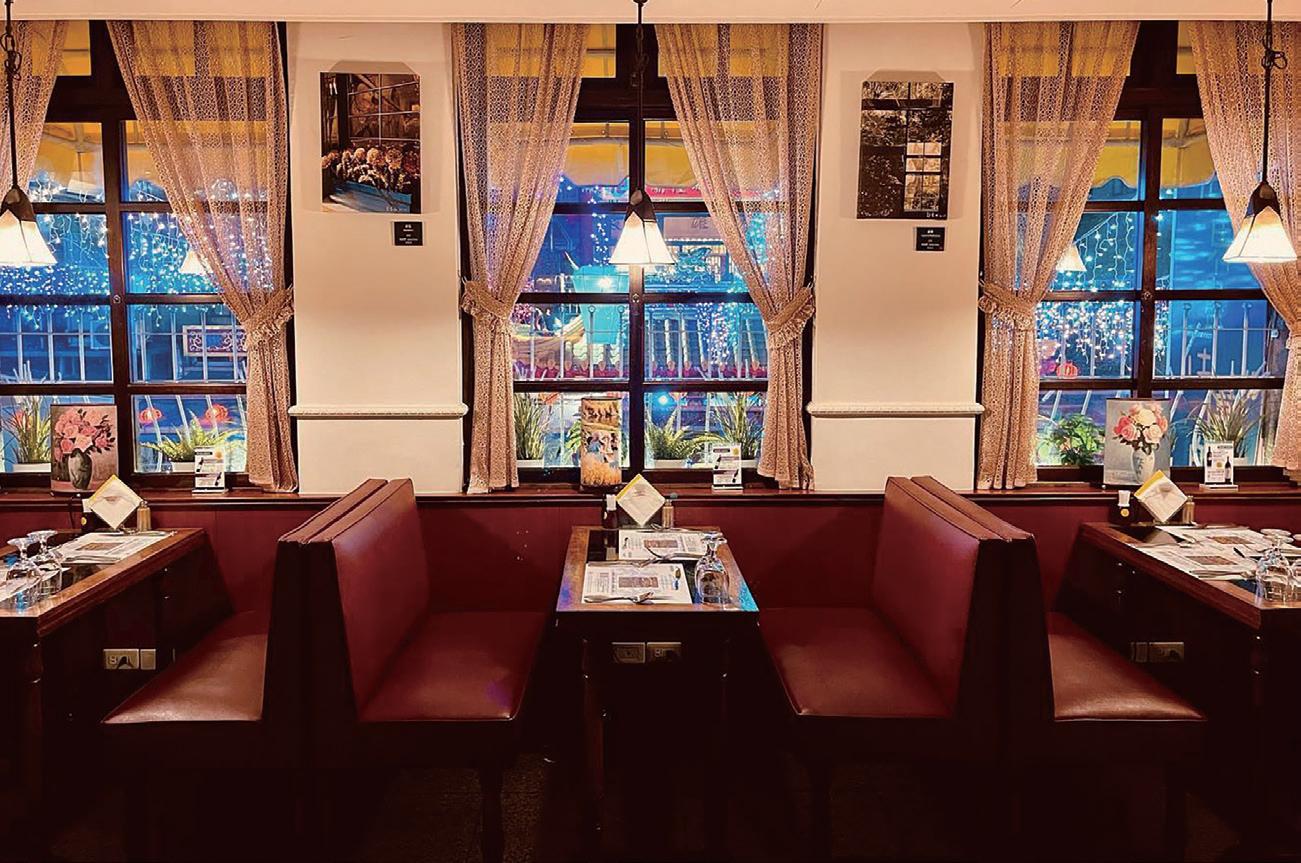
Another Legacy Chapter Begins
Chien was greatly touched by this outpouring of support. In 2004, after a fifteen-year hiatus, Café Astoria re-opened its doors to the public complete with its original Europeanstyle lights, tables, chairs, service settings, including antiquities, library and history memorabilia corner. Together, he and his daughter, Karen Chien shared in the revitalization of the
Café Astoria

Opening hours: Sun-Thu 11:30-20:30, Fri-Sat 11:30-21:00 www.astoria.com.tw and historic legacy is important – to respect their trust in us and our legacy. Legacies are powerful testimonials of the people that created them. They are also important benchmarks in time as to how an idea became a reality. This is why my mother and I want to honor my father’s dream to foster and preserve the arts and cultures of Taiwan.” café securing its reputation as a historic landmark.
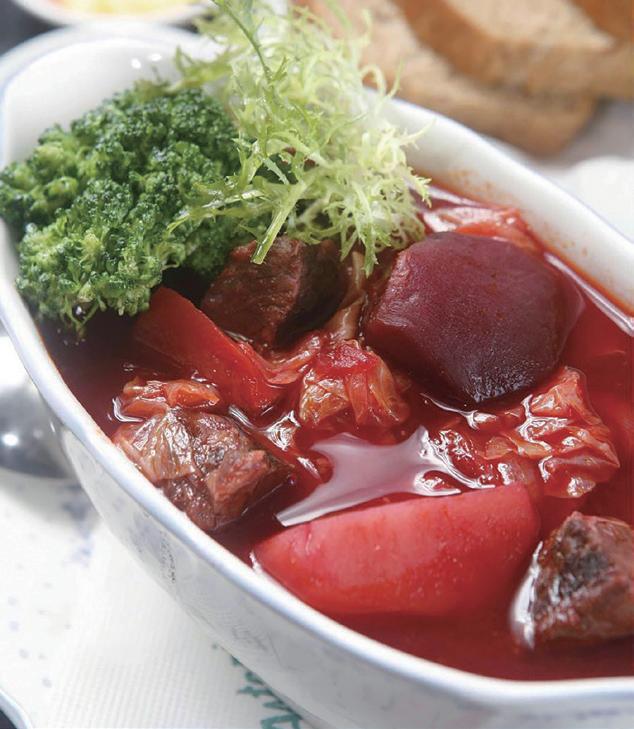
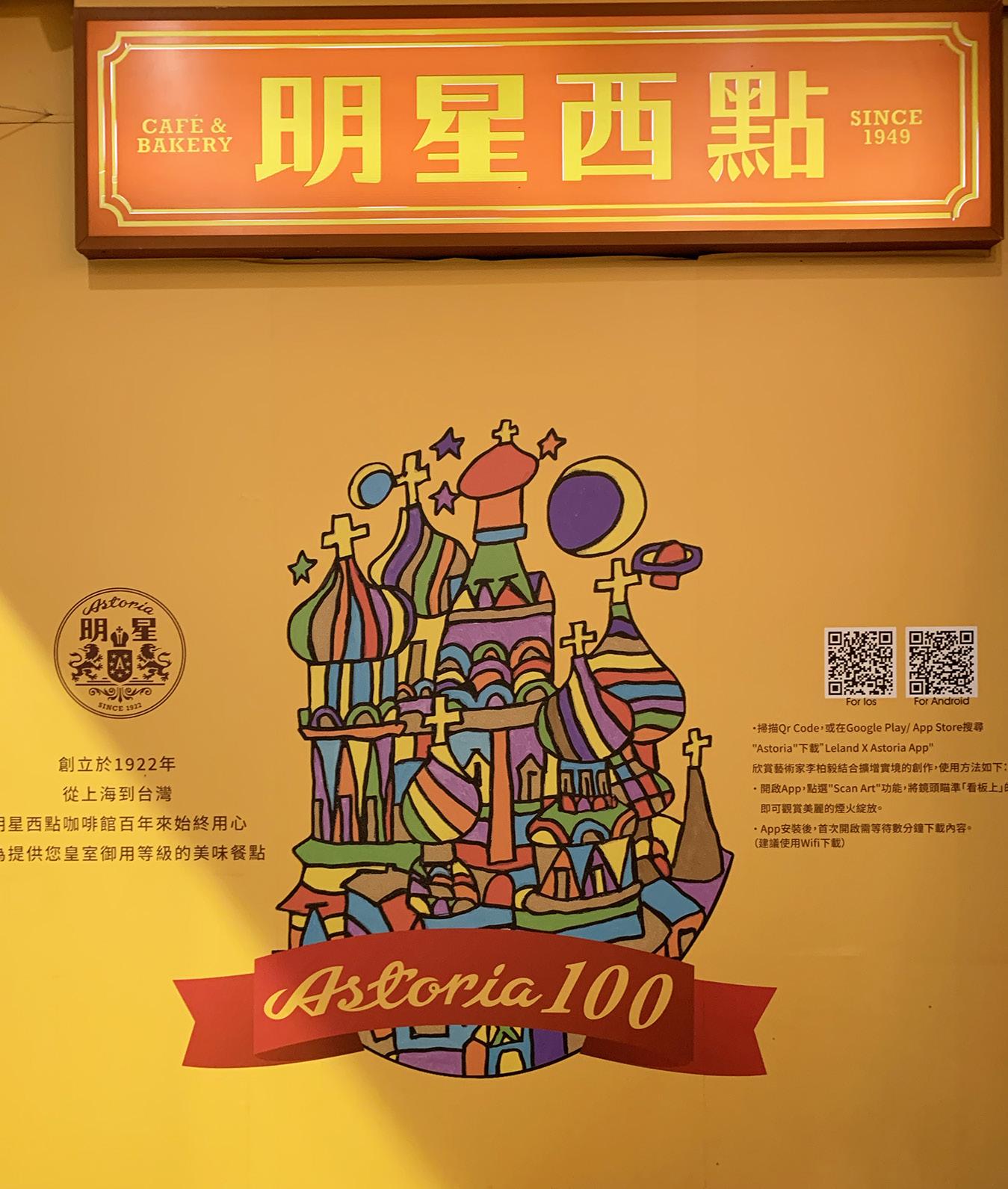
The Astoria Café and Bakery’s legacy continues. Karen and her mother, Chien Hwang Bi-hsia, the current owners, continue to work hard to ensure that the time-honored trust that has been given to their family by generations of Astoria patrons, including the local neighborhood’s business friends and their families is honored and respected.
Karen shares, “This has taken 101 years of nurturing and development. People respect us – the cultural community, the people living here and those who visit us for the first time. That’s why preserving our cultural
Suzan Babcock is a long-time resident of Taiwan. During her stay here, she has managed four successful careers in education, crosscultural relations and counseling, although being a mother has been her favorite.
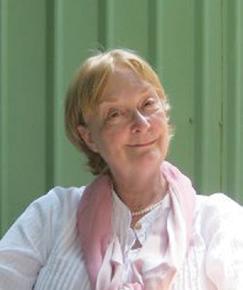
Taipei is a vibrant lively city with so many wonderful things to see and do. It has world class shopping and restaurants and the famous night markets. Millions of people come here to experience it and of course enjoy the good food! It’s returning to its old self now after the dark days of the pandemic.
Unfortunately, everyone doesn’t benefit from the prosperity. Hundreds of citizens live rough on the streets and have no homes.
What is being done to help these people and what more can we do?
In recent conversations with people working with the homeless in Taipei I learned some interesting things. Just as Taiwan and the world are coming back to life and normal, the homeless are also coming back again. Most facts and figures are “guess-timates” but it seems that there are more homeless. Maybe because it’s more difficult to find work or families and relationships have been under greater stress.
In Taipei and New Taipei, there are 3 government run shelters. Each can hold 200 to 300 people. Social workers and police meet prospective residents on the streets and see if they would be a good fit. A person going to live in a shelter must agree to be looking for a job or be working, to be actively engaged with counseling and other selfimprovement efforts.
These facilities and services are funded by a combination of government and private donations.
Some people don’t want to go into a shelter because it might mean relocation to another part of the city that they’re not familiar with or don’t want to be in. Some can’t work for various reasons but don’t qualify for disability benefits. Many people fall through the cracks as we say.










